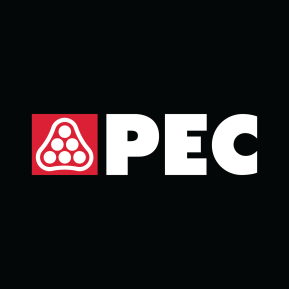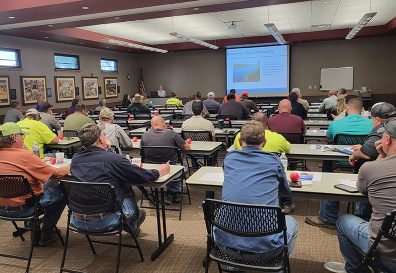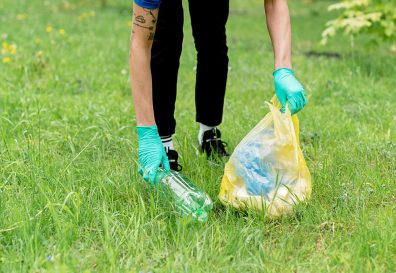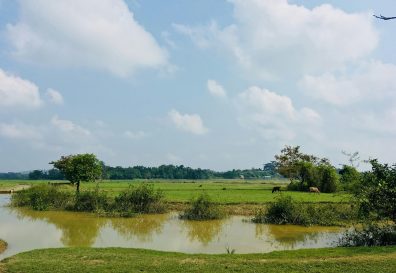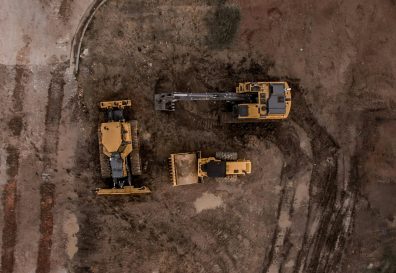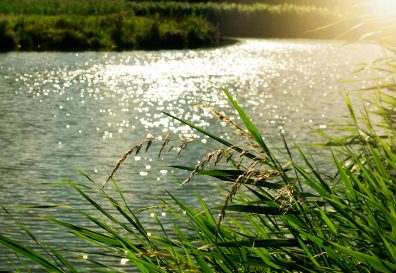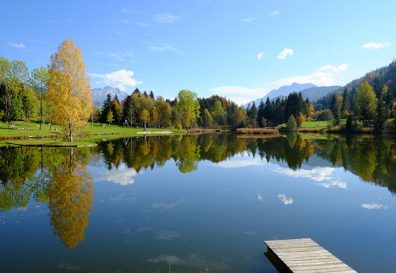MS4 Permit Services
 What is an MS4?
What is an MS4?
A Municipal Separate Storm Sewer System, referred to as an MS4, is permitted by states to meet the requirements outlined by the Clean Water Act. States issue MS4 permits to cities and counties to allow these entities to discharge stormwater to the waters of the state.
What are the components of an MS4 Permit?
To comply with the MS4 permit, municipalities must implement Best Management Practices (BMPs) under six Minimum Control Measures (MCMs).
How can PEC support your Total Maximum Daily Load (TMDL)? The Kansas Department of Health and Environment (KDHE) can issue a TMDL to a municipality for sediments, bacteria, or nutrients.
Total Maximum Daily Loads (TMDLs) are established for impaired waters on the Clean Water Act Section 303(d) list. The purpose of the TMDL is to define the allowable pollutant load that may enter those impaired waters.
The permittee is required to review, update, develop, and implement BMPs which will reduce the discharge of TMDL regulated pollutants from the MS4 to impaired waters.
PEC provides assistance with analyzing water quality monitoring reports, submitting Discharge Monitoring Reports (DMRs) to the KDHE, and the implementation of additional BMPs.
